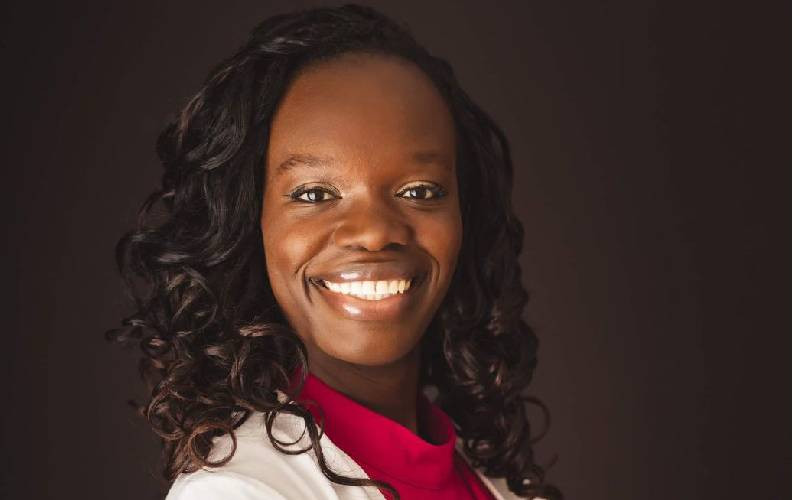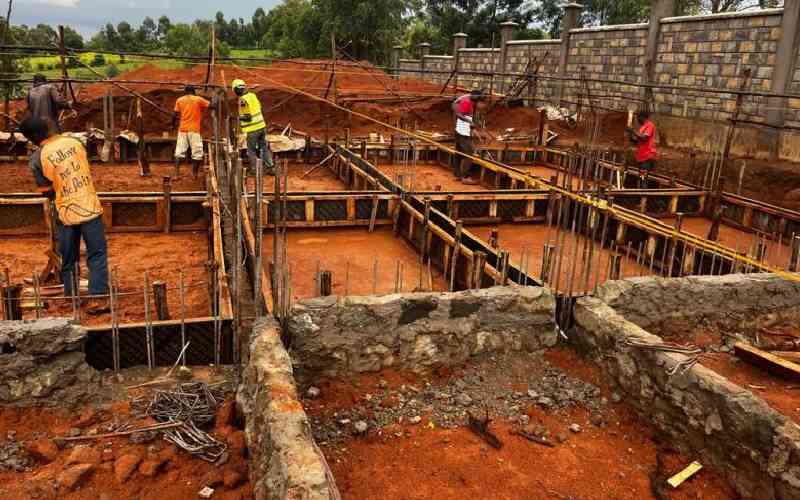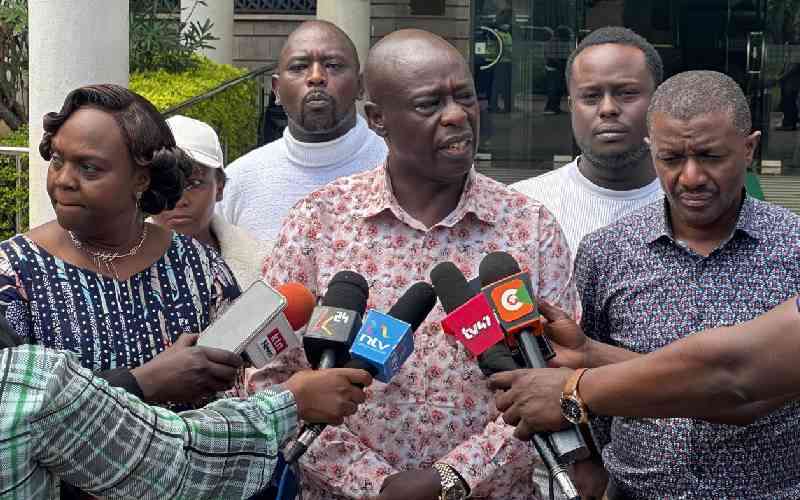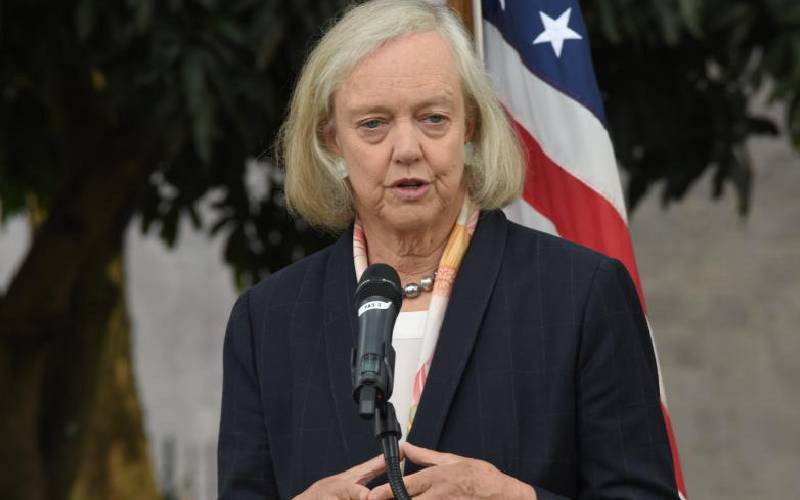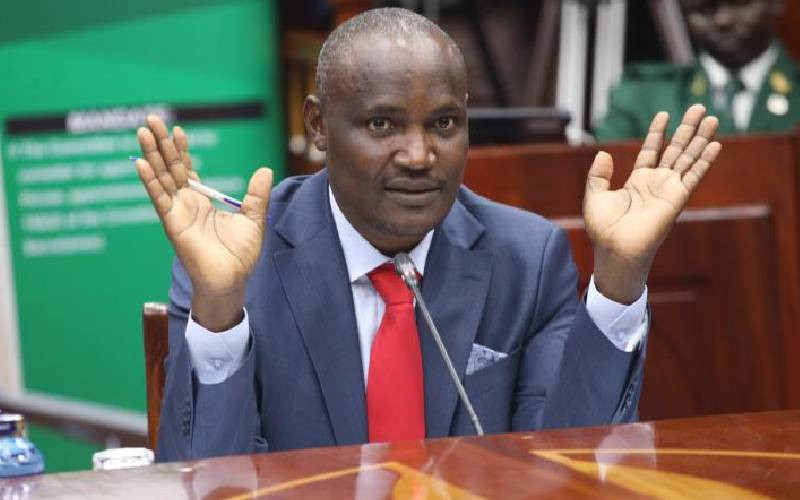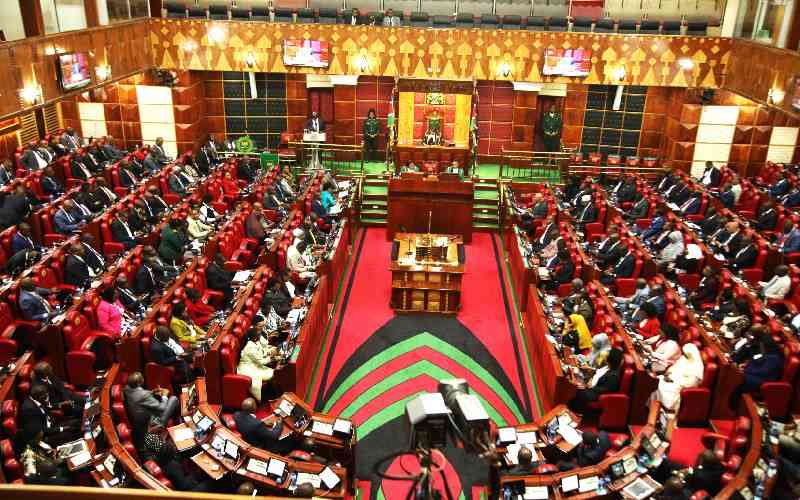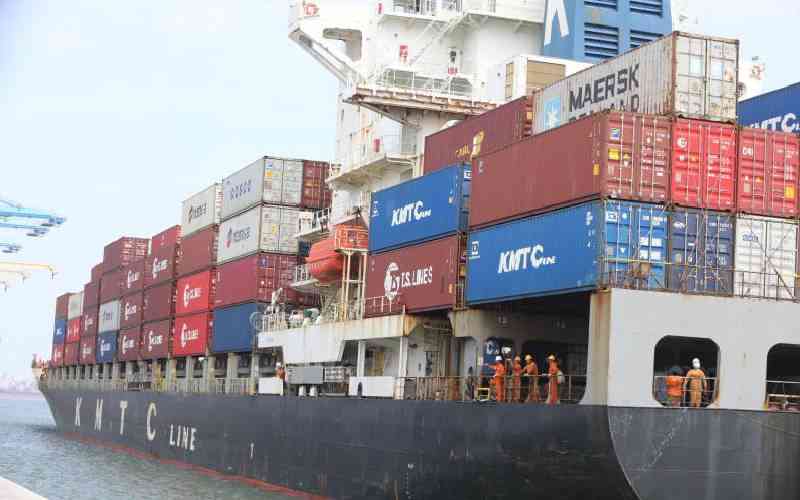In Wajir, the residents have got a chance to enjoy the services of a radiologist for the first time in the history of mankind in their native locality. In the island county of Lamu, an orthopaedic surgeon and a consultant physician have joined the small team of medical specialists brave enough to work for the people there.
In my Busia home county, I hear my besieged governor has already received and put at ease David Rodrigues and Sorangel Taylor, a family doctor and a nephrologist respectively. A nephrologist is a medical doctor who specializes in kidney care and treating diseases of the kidneys while family doctors are “a one-stop-shop” experts who treat almost every part of the body.
We are set.
In neighbouring Kakamega, another family doctor and a critical care specialist have pitched camp.
Overall, it is encouraging to note that none of the 47 governors is complaining that the Cuban doctors are a waste of resources. Unlike the animosity and hostilities that characterised initial stages of the acquisition of the Sh38billion medical equipment during President Uhuru Kenyatta’s first term in office, the Cuban specialists’ arrival seemed to encounter opposition just from a small section of civil society.
In the equipment deal, there was so much pushing and pulling between the national government and the leadership of the counties that many feared would collapse the deal. At some point, the official launch of the scheme was delayed by over three months as the two levels of government bickered.
Majority of the governors exhibited open resistance as some refused to sign the memorandum of understanding for the use of equipment that included dialysis kits, theatre facilities, X-ray machines and intensive care unit equipment. The Council of Governors, the umbrella body of the county heads, at one point teamed up with a lobby group, International Legal Consultancy Group and filed a suit to stop the deal. Eventually, the equipment was embraced.
And now it is time we counted our blessings and look at what these doctors can do to make public healthcare better. Given that President Uhuru identified healthcare as one of the Big Four pillars that he wants the country and the world to remember him for, the coming of the 100 specialists must be viewed as not only a step in the right direction but also an opportunity for our own local medics to share and acquire knowledge, knowledge that should be passed on to generations of practitioners.
One thing that has consistently put off users of public health facilities in this country is the attitude some of the workers exhibit while on duty. Stories have been told of maternity attendants who speak to delivering women in labour using very rude and vulgar language that only makes their pain more unbearable.
We have heard of medics who tell pregnant mothers to go seek the sexual partners who put them in the family way to attend to their medical needs. We have also recently been treated to doctors who conduct surgeries on wrong patients, not to mention rogue ones who take advantage of vulnerable patients and sexually abuse them!
If the interaction with the Cubans in health facilities will help change the behaviour of our medical experts and promote courtesy between doctors and patients, which it should, then Kenya will be richer. That will go a long way in securing the President’s legacy and heal bodies and souls of the sick at the same time.
Meanwhile, let all Kenyans give all the support to the visiting Cubans so that when the time comes, they will have something to write home about. Who knows, maybe when their compatriots read their letters more specialists may just volunteer to come over and serve us on humanitarian grounds.
Mr Mugolla is a high school teacher in Busia County.
 The Standard Group Plc is a
multi-media organization with investments in media platforms spanning newspaper
print operations, television, radio broadcasting, digital and online services. The
Standard Group is recognized as a leading multi-media house in Kenya with a key
influence in matters of national and international interest.
The Standard Group Plc is a
multi-media organization with investments in media platforms spanning newspaper
print operations, television, radio broadcasting, digital and online services. The
Standard Group is recognized as a leading multi-media house in Kenya with a key
influence in matters of national and international interest.
 The Standard Group Plc is a
multi-media organization with investments in media platforms spanning newspaper
print operations, television, radio broadcasting, digital and online services. The
Standard Group is recognized as a leading multi-media house in Kenya with a key
influence in matters of national and international interest.
The Standard Group Plc is a
multi-media organization with investments in media platforms spanning newspaper
print operations, television, radio broadcasting, digital and online services. The
Standard Group is recognized as a leading multi-media house in Kenya with a key
influence in matters of national and international interest.

